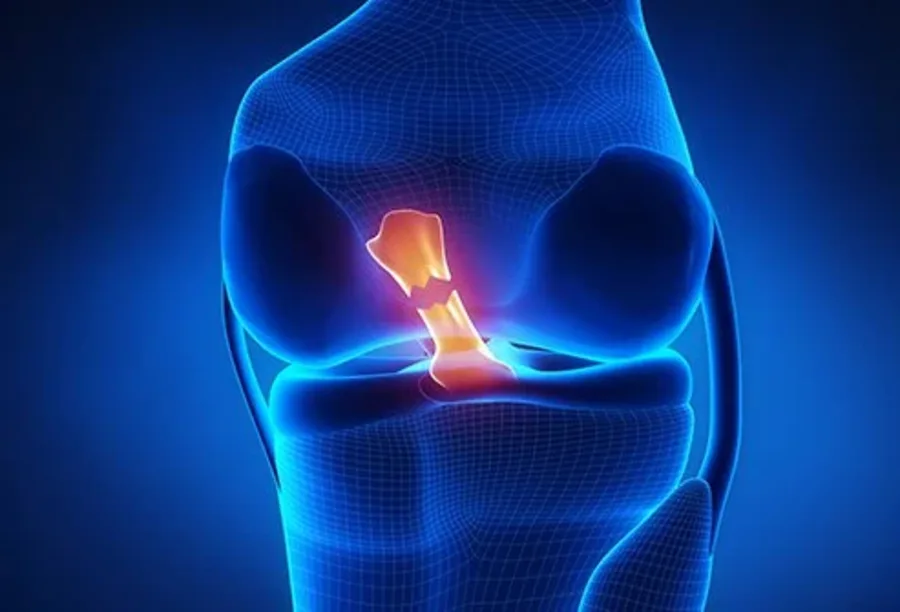Hip pain can be a debilitating condition that significantly affects an individual’s quality of life. Finding an effective painkiller for hip pain is crucial in order to obtain relief and improve mobility. Various painkillers are available, but determining the most effective one requires consideration of several factors.
Nonsteroidal anti-inflammatory drugs (NSAIDs) are often the first-line treatment for hip pain. These medications, such as ibuprofen and naproxen, alleviate pain and reduce inflammation. They work by inhibiting the production of certain hormones that contribute to pain and swelling. NSAIDs are generally effective in managing mild to moderate hip pain, with potential side effects including stomach irritation and an increased risk of bleeding.
If NSAIDs do not provide sufficient relief, opioid painkillers may be prescribed. These medications, such as morphine and oxycodone, work by binding to specific receptors in the brain to alter the perception of pain. Opioids can be highly effective in managing severe hip pain; however, they carry a risk of dependency and other side effects like constipation, drowsiness, and respiratory depression. Therefore, they should only be used under close medical supervision.
In certain cases, topical painkillers such as creams, gels, or patches may be recommended. These products contain numbing agents or anti-inflammatory ingredients that are directly applied to the affected area. Topical pain relievers offer localized relief and have fewer systemic side effects compared to oral medications.
Other complementary therapies may also be beneficial for hip pain management. These include physical therapy, heat or cold therapy, acupuncture, and exercise tailored to strengthen hip muscles and improve flexibility.
In conclusion, the most effective painkiller for hip pain depends on various factors such as the severity of the pain, individual tolerance, and potential side effects. NSAIDs are commonly used initially, while opioids should be reserved for severe pain and under close medical supervision. Topical pain relievers and complementary therapies can also play a role in managing hip pain. It is important to consult with a healthcare professional to determine the most suitable and effective painkiller for individual cases of hip pain.
Is physical therapy worth it for hip pain?
Depending on the extent of your hip pain and your unique medical history, physical therapy may be a very effective non-surgical means of treatment.Sep 1, 2017
What is a red flag for hip pain?
Other red flags of concern with respect to the patient presenting with hip and/or groin pain include a history of trauma, fever, unexplained weight loss, burning with urination, night pain, and prolonged corticosteroid use.
What is the best doctor to see for hip pain?
Most orthopedic surgeons subspecialize in specific treatment areas, so you’d want to see a surgeon who focuses on hips. A sports medicine specialist is usually an orthopedic surgeon or primary care doctor who treats sports injuries and can also help to maximize athletic performance.
What is the first line of treatment for hip pain?
Non-surgical treatment should always be considered first when treating hip pain. With some conditions, it is possible to resolve the pain with rest, modifying one’s behavior, and a physical therapy and/or anti-inflammatory regimen. Such conservative treatments have been successful in reducing pain and swelling.
Why do my hips and lower back hurt all of a sudden?
Lower back pain and hip pain have many different causes. These include muscle sprains and strains, pinched nerves, herniated discs, sacroiliac joint dysfunction, arthritis, among others. Here are 11 such causes: Muscle sprains and strains: Acute back pain is often caused by a muscle sprain or strain.
What cancers cause lower back and hip pain?
Back pain is rarely a sign of cancer. When it is, it tends to happen along with other symptoms of cancer. Some cancers that cause back pain include spinal tumors, lung cancer, breast cancer, gastrointestinal cancers, and blood cancers. Undiagnosed skin cancer can also spread to the spine, causing back pain.
Why does my lower back pain radiate to my hip?
A pinched nerve in the lower back can cause these symptoms in the back, hips, buttocks, and lower legs. There are many reasons a nerve may become pinched, including arthritis, a herniated disc, a sports injury, repetitive motion, pregnancy, or excess weight.
:max_bytes(150000):strip_icc()/backpainfinal-01-5c3ba0bf46e0fb0001b5b300.png)
Why is my lower back and hips hurting?
Different conditions or activities can lead to lower back and hip pain, including arthritis, overexertion, and injuries that affect the nerves of the back and hips. Back pain is one of the most common reasons people see a healthcare provider and miss time from work.
What is lower back pain that spreads to the hips?
Sciatica refers to back pain caused by a problem with the sciatic nerve. This is a large nerve that runs from the lower back down the back of each leg. When something injures or puts pressure on the sciatic nerve, it can cause pain in the lower back that spreads to the hip, buttocks, and leg.Mar 6, 2022


